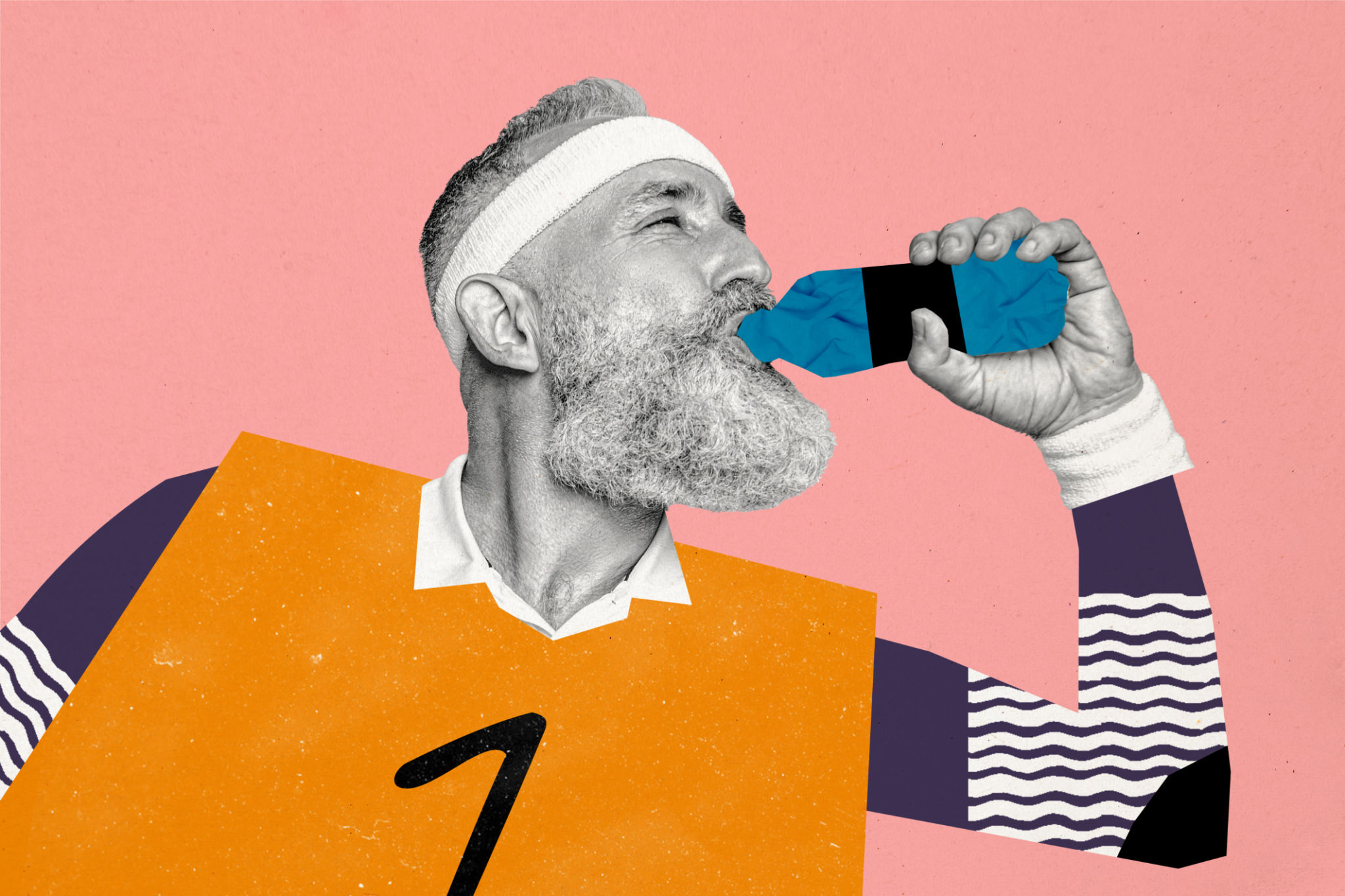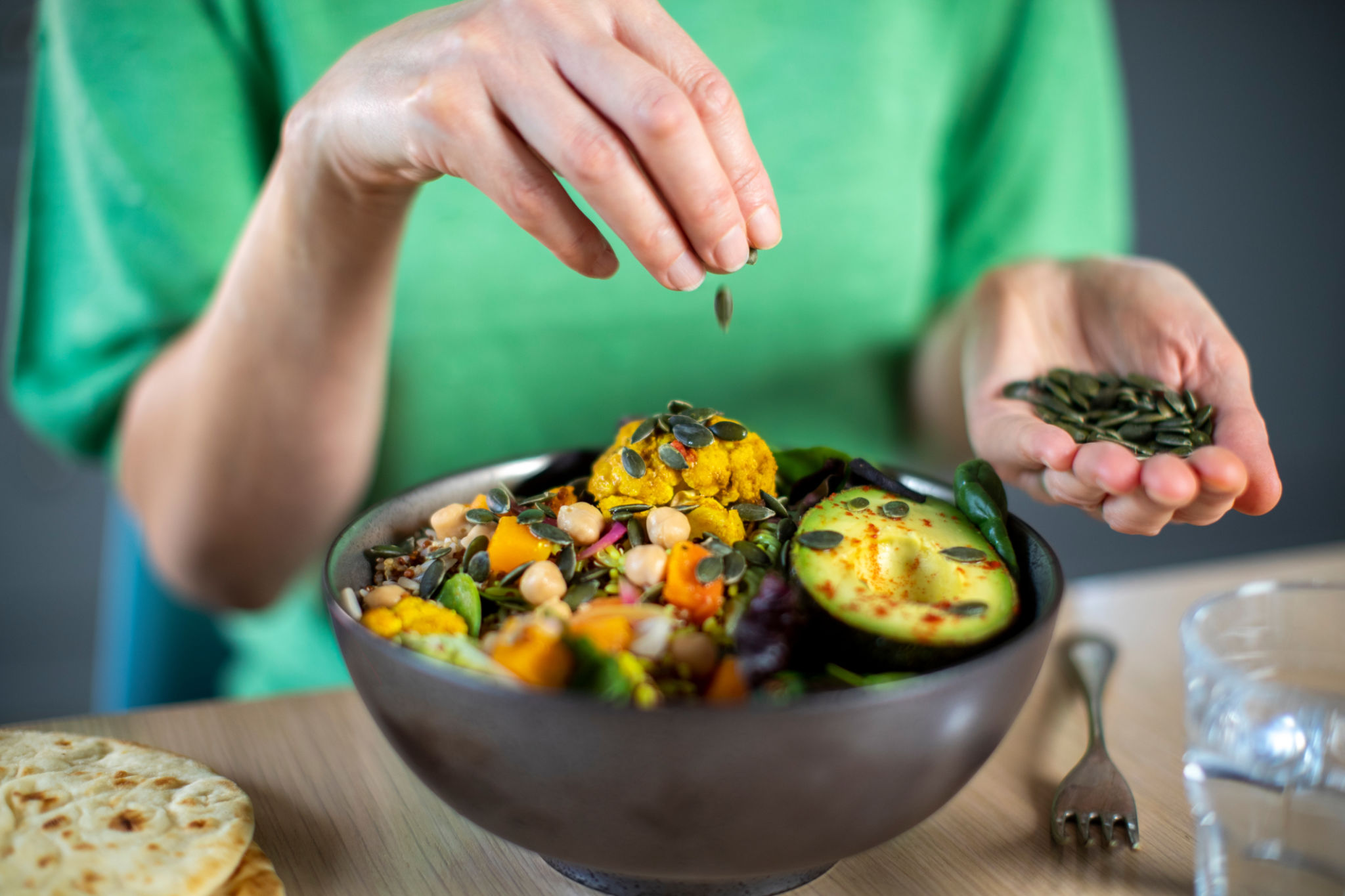Top Foods High School Athletes Should Avoid for Optimal Performance
Understanding the Impact of Diet on Athletic Performance
For high school athletes, nutrition plays a critical role in achieving optimal performance. While training and practice are vital, what athletes consume can significantly influence their energy levels, recovery time, and overall success. Choosing the right foods can provide the necessary fuel, while avoiding certain foods can prevent sluggishness and fatigue.
In this post, we will delve into the top foods that high school athletes should avoid to maintain peak performance levels. By being aware of these dietary pitfalls, young athletes can make informed choices and enhance their athletic capabilities.

Processed Foods: A Hidden Danger
Why Processed Foods Are Problematic
Processed foods are often loaded with unhealthy fats, sugars, and sodium. These ingredients can lead to weight gain, decreased energy levels, and poor concentration. High school athletes should be mindful of consuming excessive amounts of snacks like chips, cookies, and fast food. These items may be convenient, but they are far from ideal for sustained athletic performance.
Healthier Alternatives
Instead of processed snack foods, athletes should focus on whole foods like fruits, vegetables, nuts, and seeds. These options provide essential nutrients and vitamins needed for energy and recovery. Homemade snacks such as trail mix or fruit smoothies can offer the convenience and nutrition athletes require.

Sugary Drinks: The Energy Drain
The Problem with Sugary Beverages
Sugary drinks, including sodas and energy drinks, might seem like a quick way to boost energy levels. However, they often lead to a rapid spike in blood sugar followed by a crash, resulting in decreased stamina. High fructose corn syrup and artificial sweeteners in these beverages can also contribute to weight gain and dental issues.
Better Hydration Choices
Water remains the best choice for hydration. It helps maintain the body's fluid balance, regulates temperature, and provides the necessary moisture for muscles to function effectively. For those seeking flavor, adding slices of fruits like lemon or cucumber can enhance the taste without the drawbacks of sugary drinks.

Refined Carbohydrates: A Short-Lived Energy Source
Limitations of Refined Carbs
Refined carbohydrates, such as white bread, pastries, and pasta, lack the fiber and nutrients found in whole grains. They can cause rapid increases in blood sugar levels followed by an energy slump. This fluctuation can affect an athlete's endurance and focus during practice or competition.
Opting for Whole Grains
Whole grains like brown rice, quinoa, and whole wheat bread provide sustained energy and are rich in essential nutrients. They help maintain stable blood sugar levels and support long-lasting endurance. Incorporating these into meals ensures that athletes have a steady supply of energy throughout their activities.

Fried Foods: A Recipe for Sluggishness
The Drawbacks of Fried Foods
Fried foods are typically high in unhealthy fats and calories. Consuming these can lead to weight gain and sluggishness, both of which are detrimental to athletic performance. Additionally, the oils used in frying can cause inflammation, affecting recovery times after intense physical activity.
Healthier Cooking Methods
Grilling, baking, or steaming foods are healthier alternatives that retain more nutrients without adding excess fat. High school athletes should consider meals prepared using these methods to ensure they get the necessary fuel without compromising their health and performance.